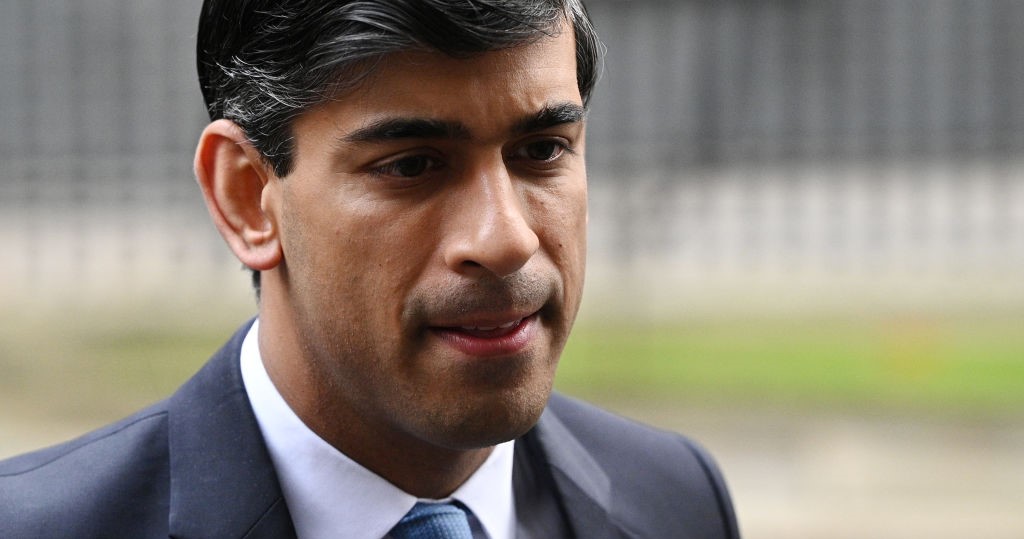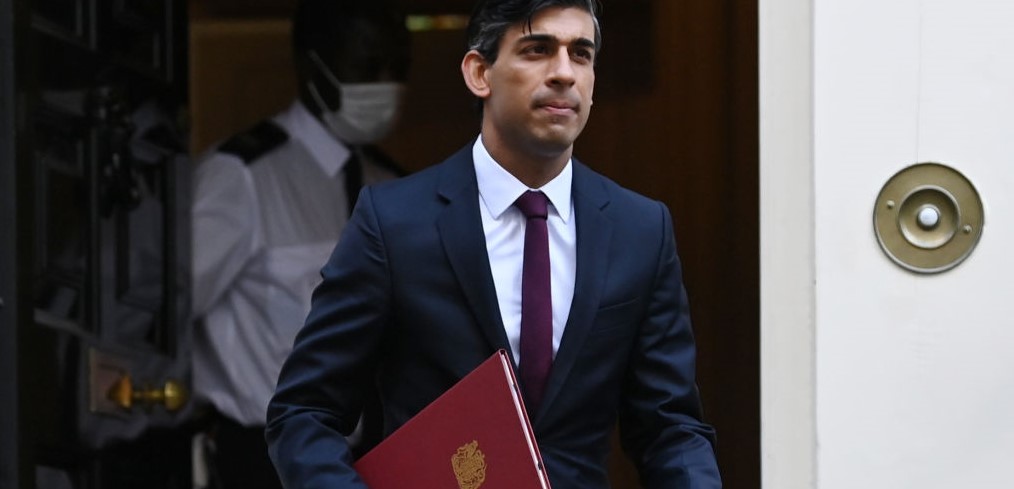First among un-equals
Rising income inequality, in which a handful of people earn millions and the rest struggle just to get by, is often seen as a problem of developing countries – a symptom of a corrupt elite and the ineffective government institutions supporting it.
But a new report published by the Dublin Foundation for the Improvement of Living and Working Conditions found that the UK has become the epicentre of growing income inequality in the EU.
It now stands as the most unequal country in Europe, followed closely by Portugal and Latvia.
The Dublin Foundation researchers used the Gini coefficient – a standard measure for calculating income distribution among a nation’s residents. They found that while income inequality had decreased in the years leading up to the financial crisis in 2008, it rose sharply afterwards.
Since 2008, in-country wage inequality had risen across most of the continent, but the researchers noted that “such increase was to a large extent driven by developments in the UK, without which the overall EU within-country component of inequality remained more or less stable.”
The gap between the rich and poor has grown so much in the UK that income inequality is now even higher than it is in the US, a country long known for its entrenched rich-poor divide.
So just how far have working people fallen behind, as the richest saw their fortunes vastly improve, even in the midst of a global recession?
According to recently released figures from the Social Market Foundation, the richest one-fifth saw their wealth skyrocket by 64 per cent since the recession, while the poorest fifth became 57 per cent poorer.
Absurd gap
The High Pay Centre reveals the absurd income gap that often exists between employer and employee in a nation where runaway compensation at the top presides over a cesspool of low-wage workers earning little more than the minimum wage at the bottom.
And nowhere is the growing divide more acutely felt than in the retail and hospitality sectors. For example, the CEO of Whitbread, a multinational running several coffee and restaurant chains including Costa, Beefeater Grill and Brewer’s Fayre, raked in 6.4m, while the average worker took home little more than £15,000.
Growing income inequality isn’t just bad news for these low-wage workers, who face not only poverty pay, but also are more often subject to bullying in the workplace and pay a greater share of their income in tax.
Income inequality is a blight on everyone – it is, according to the OECD, a major barrier to overall economic growth.
In a report from late last year, the OECD claims that income inequality alone has hobbled the UK’s economic growth by nine percentage points.
The OECD contends that income inequality is not a forgone conclusion but can be tempered through government policy.
“Policies that help to limit or reverse inequality may not only make societies less unfair,” the report notes, “but also wealthier.”
One such policy that Unite has pushed for is an immediate ÂŁ1.50 hike in the minimum wage.
An independent analysis commissioned by Unite last year found that not only is a significant minimum wage hike entirely affordable, but it would also be a boon to public finances, in the form of higher income tax receipts. Raised net wages would also prime consumer demand and boost GDP – a policy that helps everyone.
Unite assistant general secretary Steve Turner made the case for raising the minimum wage floor to the benefit of all.
“Boosting the minimum wage by an immediate ÂŁ1.50 an hour would lift millions out of absolute poverty and put money in the pockets of those who will spend it, not stash it away in the nearest tax haven,” he said. “This has the added additional benefit of slashing â€corporate welfare’ by some ÂŁ3bn which can be better spent investing in jobs, homes and hope across our nations.”
More than this, Turner said the fight for a more equal society will require the return of stronger trade unions.
“The answer of course is simple – pay workers fairly for a hard day’s work! And if we’re serious about this we need strong, powerful trade unions engaging in sector level collective bargaining to raise wages and address growing inequalities,” he said.
It’s an idea not only espoused by Turner but backed up by research as well – the Dublin Foundation report found that stronger sector-level collective bargaining in different EU countries had a powerful impact on reducing inequality.
Even as the new Tory government seeks to stifle unions and slash government benefits in the name of its so-called One Nation agenda, all the evidence points to an opposite conclusion – with stronger unions and redistributive government policies, we’re all better off.
 Like
Like Follow
Follow


